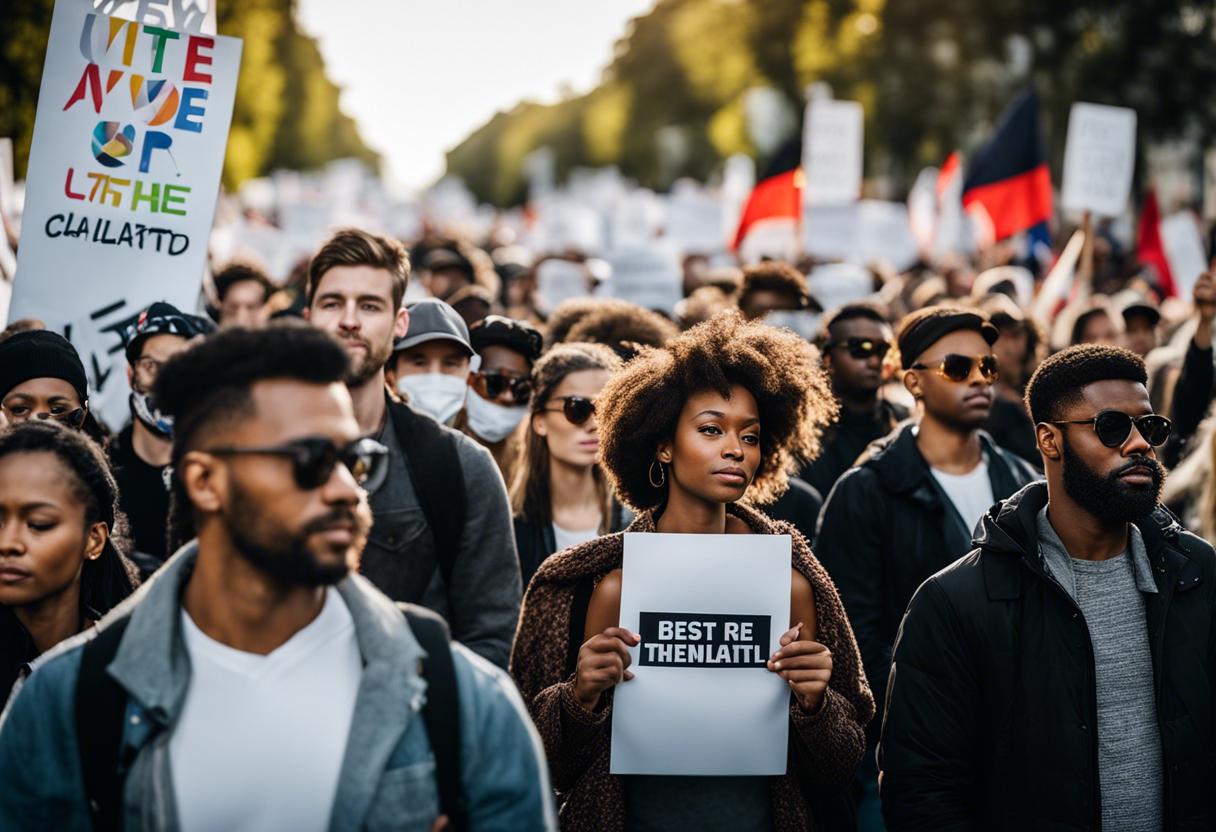On her ninth birthday, Nurudeen Oyewole’s daughter expressed her wish for her father to be present, celebrating the special day together with a shopping spree. Originally from Nigeria, Oyewole, a dedicated social worker, relocated to Ireland in 2019 and has not been able to see his family since.
The distance and absence of physical connection have been challenging for him: “There’s no form of communication that matches the emotional bond of being present with them in person. This is a distressing situation for many of us,” he communicated. Oyewole believes it’s not fair to have to pick between providing for his family’s finances and actually being there with them.
Due to earning under €30,000 annually, Oyewole is not allowed to reunite with his wife and three kids on Irish grounds. Non-EU / EEA individuals bearing a General Employment Permit or Stamp Four Visa, must complete a year in Ireland before they can request to bring their immediate family. To sponsor their spouse, they must be earning above €30,000, while it’s €40,000 for a single child, increasing progressively.
Once the application is submitted, processing can take around a year. If unsuccessful, primarily due to not meeting the earnings criteria, individuals often have to wait to obtain Irish citizenship – typically seven years, before they can bring their families over.
Being a leading voice for the Families Belong Together advocacy group, Oyewole was among several migrant employees protesting the Family Reunion Policy at the Department of Justice in Dublin on the International Day of Families. The protesters demanded urgently reunion with their families, some holding placards pressing ‘Minister McEntee, reunite our families’, while others displayed pictures of their family.
A nursing home carer and member of the advocacy group, Shiji Joseph, earns €27,000 per annum. Originally from India, she moved in 2022 and has been away from her husband and two children aged 15 and 9 since her move. With the existing rules, she faces having to wait until 2029 to obtain her citizenship before her family can join her.
“People usually tell us that we can apply for the job after a year. However, that turns out to be a false assurance,” she expressed. “My child continuously questions and we have no responses for them. Even we are clueless… This is heart-rending.”
Returning to an uninhabited house after a long workday is strenuous, stated Ms Joseph. “What I desire the most is to be with my children every day, assist them in their studies, eat together as a family, just to be all together.”
She pleaded to Helen McEntee, Justice Minister, “who is a mother herself, to tear down the obstacles that are keeping us away from our dear families”.
Ms McEntee had previously revealed a reconsideration of the Family Union Policy. On Wednesday, she and Peter Burke, Minister for Enterprise, assured that the spouses or partners of holders of General Employment Permit who live with them in Ireland, will be given the facility of work. This privilege was bestowed only to the spouses and partners of Critical Skills Permit holders.
Nonetheless, this doesn’t modify the union course for those demonstrating their issuance outside the department. The guidelines affecting such situations persist in examination.
Neil Bruton, who manages campaigns at the Centre of Migrant Rights in Ireland, quoted that individuals were solicited to come to Ireland to carry out fundamental tasks and were demonstrating because they are “in dire need” for aid.
His belief is that everyone who works in Ireland deserves to be with their family. “We are urging Minister McEntee to abolish salary evaluation, dismiss the waiting period, and allow people to be with their families right from the beginning,” he declared.

